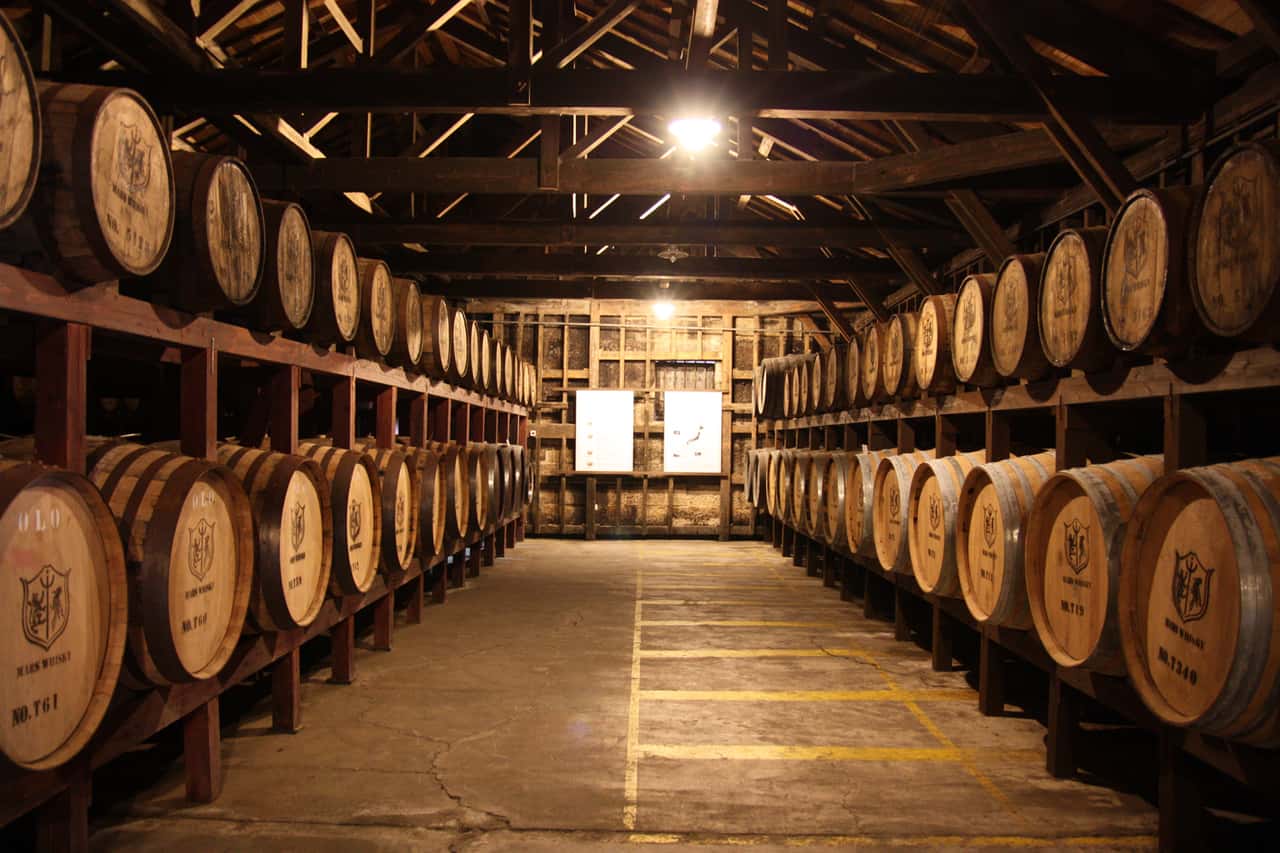
The Emerging Korean Whisky Landscape: Challenges and Opportunities
As the global whisky community flourishes, one region has recently risen to prominence: South Korea. Home to the Ki-One distillery, Korean whisky is beginning to make its mark on the international stage. However, significant barriers exist that threaten the full potential of this burgeoning market.

Explore the heart of Korean whisky production at the Ki-One distillery.
Regulatory Hurdles
In an insightful interview, Bryan Do, the founder and Chief Spirits Taster of Three Societies, criticized the current tax regime exemplifying how outdated regulations are stifling local distilleries. The Liquor Tax Act of Korea imposes ad valorem taxes on whisky, meaning that distillers are taxed based on the assessed value of their products rather than a fixed per-unit amount. This is a critical distinction, as it affects the pricing and viability of local spirits in the marketplace.
Bryan argues that this archaic model places local producers at a disadvantage compared to imported whiskies, which are taxed only on their import price. “We’re slapped with way more tax than imports, which is unfair,” he states. This discrepancy makes it virtually impossible for local distilleries to compete with established foreign brands, often resulting in higher prices for consumers.
Crafting Quality Spirits
Despite the challenges, the Ki-One distillery has garnered accolades for its commitment to quality. With a product range that includes Ki-One, South Korea’s first single malt whisky, the distillery fills 4,800 oak casks and has already begun shipping its first releases internationally.

Inside the Ki-One distillery, where whisky ages to perfection.
A standout feature of Ki-One’s profile is its unique flavor induced by local ingredients, drawing inspiration from traditional Korean gastronomic elements. As Do intriguingly notes, if Japanese whiskies evoke the essence of mild miso soup, then Ki-One embodies the robust flavors of strong soybean paste soup, resulting in a spicy, full-bodied presence. This blending of culinary culture with distilling tradition illustrates a promising future for Korean whisky enthusiasts.
A Plea for Change
Do calls for a switch to a per-unit tax system rather than the ad valorem model to level the playing field and enhance the competitiveness of Korean whiskies. He argues this change would lower production costs, foster innovation, and improve quality—all crucial for elevating the status of Korean whisky domestically and internationally.
This call for change points to a wider need for reform in the whisky regulatory framework not just in Korea but globally, as consumer tastes shift towards local and artisanal offerings over mass-produced imports. As the Whisky Society of Korea refers, only three countries within the OECD impose ad valorem taxes on whisky, suggesting an urgent need for Korea to adapt to industry standards that support local spirits.
“In due time, we’ll make just as good whiskies, if not better, because our flavor profiles are different—more flavorful and spicier.” - Bryan Do
A Bright Future Ahead
It’s also crucial to address the outdated industry practices that further impede progress. The unnecessary implementation of radio frequency identification (RFID) stickers is just one example that adds to the financial burden of local distillers. Intended to combat fraud, these expensive measures are now often disregarded by manufacturers who find them ineffective. Continuing to enforce such regulations when the landscape has dramatically changed demonstrates a critical disconnect from the modern distilling realm.
Nonetheless, the increasing interest in local whiskies suggests a growing appreciation for this category of spirits. As Do highlighted, enthusiasts are willing to line up for hours to purchase a bottle of Ki-One, which speaks volumes about the potential consumer base. With the narrative of Korean whisky evolving, ensuring that regulatory frameworks evolve in tandem, will be essential in sustaining its growth and captivating a wider audience.
Conclusion: The Time for Action is Now
In conclusion, the path for Korean whisky may be fraught with challenges, but the potential remains immense. With changing regulations, a push for higher quality, and innovative producers at the helm, a vibrant and diverse whisky landscape is within reach. If local distilleries can navigate the current regulatory terrain and continue to craft distinctively Korean spirits, the world will soon recognize South Korea as a formidable force in the international whisky arena. Let’s raise our glasses to that promising future!
For a deep dive into the world of whisky, check out our guide to the best whisky gifts for Christmas. Cheers!














